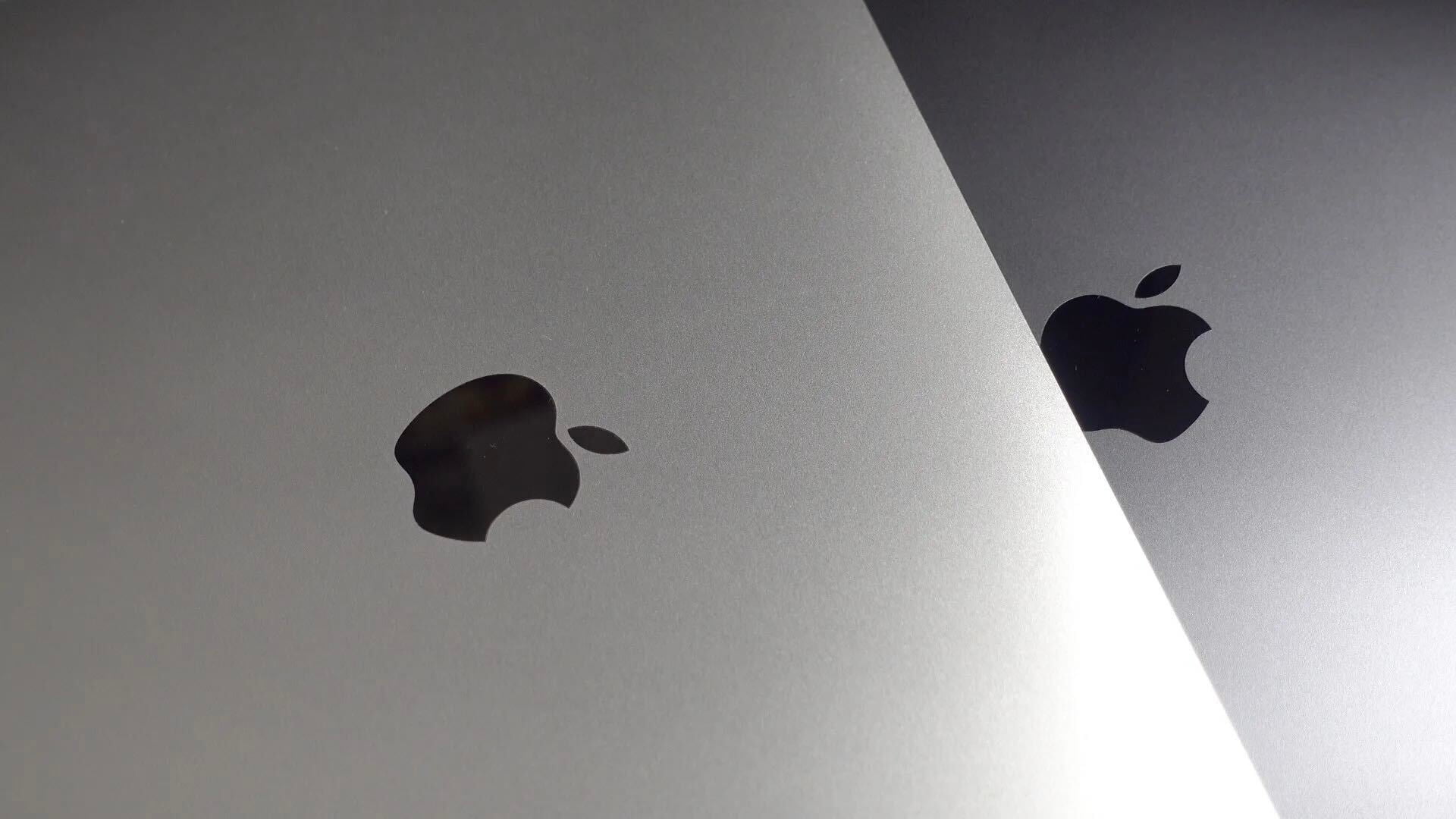
An update to the TikTok privacy policy says that the app will now collect more personal data from US users, including “faceprints and voiceprints” …
TechCrunch spotted a couple of notable changes. First up is something that isn’t uncommon in photo and video apps, but might still raise some concern when it’s TikTok doing it.
The first part of the new section explains that TikTok may collect information about the images and audio that are in users’ content, “such as identifying the objects and scenery that appear, the existence and location within an image of face and body features and attributes, the nature of the audio, and the text of the words spoken in your User Content.”
While that may sound creepy, other social networks do object recognition on images you upload to power accessibility features (like describing what’s in an Instagram photo, for example), as well as for ad targeting purposes. Identifying where a person and the scenery is can help with AR effects, while converting spoken words to text helps with features like TikTok’s automatic captions.
Second, a reference to biometric data, without any explanation as to how it will be collected and used.
We may collect biometric identifiers and biometric information as defined under US laws, such as faceprints and voiceprints, from your User Content. Where required by law, we will seek any required permissions from you prior to any such collection.
TechCrunch observes that what is not said here is perhaps more important than what is.
The statement itself is vague, as it doesn’t specify whether it’s considering federal law, states laws, or both. It also doesn’t explain, as the other part did, why TikTok needs this data. It doesn’t define the terms “faceprints” or “voiceprints.” Nor does it explain how it would go about seeking the “required permissions” from users, or if it would look to either state or federal laws to guide that process of gaining consent.
The company wasn’t able to provide any further information. While the US-specific nature of the change may reflect states introducing privacy laws for biometric data, that still doesn’t tell us why or how TikTok intends to collect it.
TikTok does at least appear to be taking care to notify users about its new privacy policy – indeed, some are complaining that they are getting repeated alerts about it.
Image: Microsoft
FTC: We use income earning auto affiliate links. More.






Comments